Description
Cobalt carbonate for sale: Essential cattle vitamin supplement for improved health & growth. Boost your herd’s performance with this vital nutrient!
Cobalt carbonate for sale
Cobalt Carbonate: A Vital Trace Mineral for Cattle and Their Vitamin Needs
Cattle health and productivity hinge on a complex interplay of nutrients, and while macronutrients like protein and carbohydrates often steal the spotlight, the importance of trace minerals, such as cobalt, cannot be overstated. Cobalt carbonate is a common source of cobalt in cattle feed, playing a crucial role in vitamin B12 synthesis, a vitamin essential for various metabolic processes. This article delves into the significance of cobalt carbonate in cattle nutrition, focusing on its link to vitamin B12 and its impact on overall animal health and performance.
Cobalt and the Vitamin B12 Connection:
Cobalt, on its own, doesn’t directly benefit cattle. Its primary function is as a building block for vitamin B12, also known as cobalamin. Ruminants, like cattle, possess a unique advantage in this regard. The microorganisms residing in their rumen – the first compartment of their stomach – utilize ingested cobalt to synthesize vitamin B12. This process is vital because cattle lack the ability to produce vitamin B12 on their own.
Cobalt carbonate serves as a convenient and readily available source of cobalt. When added to cattle feed or mineral licks, it ensures these rumen microbes have sufficient cobalt to carry out their B12 production.
The Importance of Vitamin B12 in Cattle:
Vitamin B12 plays a critical role in numerous metabolic processes within the animal, including:
- Energy Metabolism: B12 is essential for converting propionate, a volatile fatty acid produced during rumen fermentation, into glucose. Glucose is the primary energy source for the animal.
- Red Blood Cell Production: Vitamin B12 is crucial for the formation of red blood cells, preventing anemia and ensuring adequate oxygen transport throughout the body.
- Nervous System Function: B12 is vital for maintaining the health of nerve cells and supporting proper nerve function.
- Growth and Appetite: Adequate B12 levels contribute to healthy growth rates and stimulate appetite, leading to improved feed intake and weight gain.
- Immune Function: Vitamin B12 supports the development and function of immune cells, enhancing the animal’s ability to fight off infections.
Signs of Cobalt Deficiency:
A deficiency in cobalt can lead to a cascade of health problems due to insufficient vitamin B12 production. Common signs of cobalt deficiency in cattle include:
- Loss of Appetite: Decreased feed intake is often the first sign, resulting in reduced energy and nutrient intake.
- Slow Growth Rates: Stunted growth and poor weight gain are common consequences of B12 deficiency.
- Rough Hair Coat: The coat may appear dull, rough, and unkempt.
- Anemia: Pale mucous membranes (gums and eyelids) are indicative of anemia due to reduced red blood cell production.
- Lethargy and Weakness: Animals may appear weak, listless, and less responsive.
- Impaired Reproductive Performance: In severe cases, cobalt deficiency can negatively impact reproductive efficiency.
Supplementation Strategies:
Fortunately, cobalt deficiency is easily preventable through supplementation with cobalt carbonate. Several methods can be used:
- Mineral Licks: Cobalt carbonate is often included in mineral licks specifically formulated for cattle. These allow animals to self-supplement as needed.
- Complete Feeds: Commercial cattle feeds are typically fortified with trace minerals, including cobalt carbonate, to ensure adequate intake.
- Top Dressing Feeds: Cobalt carbonate can be added directly to the feed ration as a supplement.
- Injections: While less common, vitamin B12 injections can be used to quickly address severe deficiencies.
Factors Affecting Cobalt Requirements:
The cobalt requirements of cattle can vary depending on several factors, including:
- Age and Stage of Production: Young, growing animals and pregnant or lactating cows have higher cobalt requirements.
- Dietary Composition: Forage grown on cobalt-deficient soils will naturally have lower cobalt levels.
- Ruminal Health: A healthy rumen environment is essential for efficient B12 synthesis.
Conclusion:
Cobalt carbonate plays a crucial, albeit indirect, role in cattle health and productivity. By providing a readily available source of cobalt for rumen microbes to synthesize vitamin B12, it supports vital metabolic processes, promotes growth, and enhances overall well-being. Understanding the importance of cobalt and its link to vitamin B12 allows farmers to implement effective supplementation strategies, ensuring their cattle thrive and reach their full potential. Regular monitoring, forage analysis, and close consultation with a veterinarian or nutritionist are essential to maintain optimal cobalt levels and prevent deficiencies.
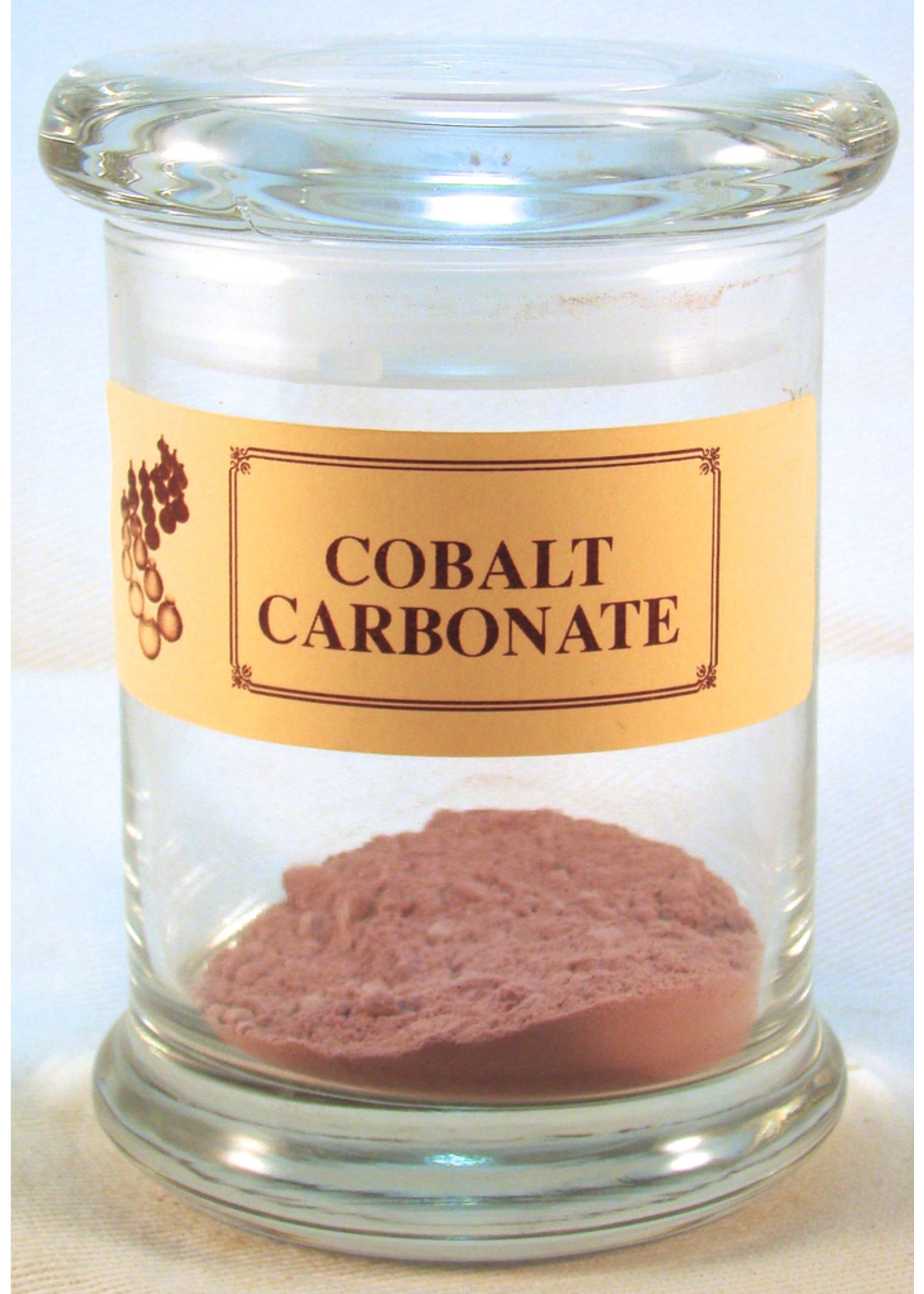
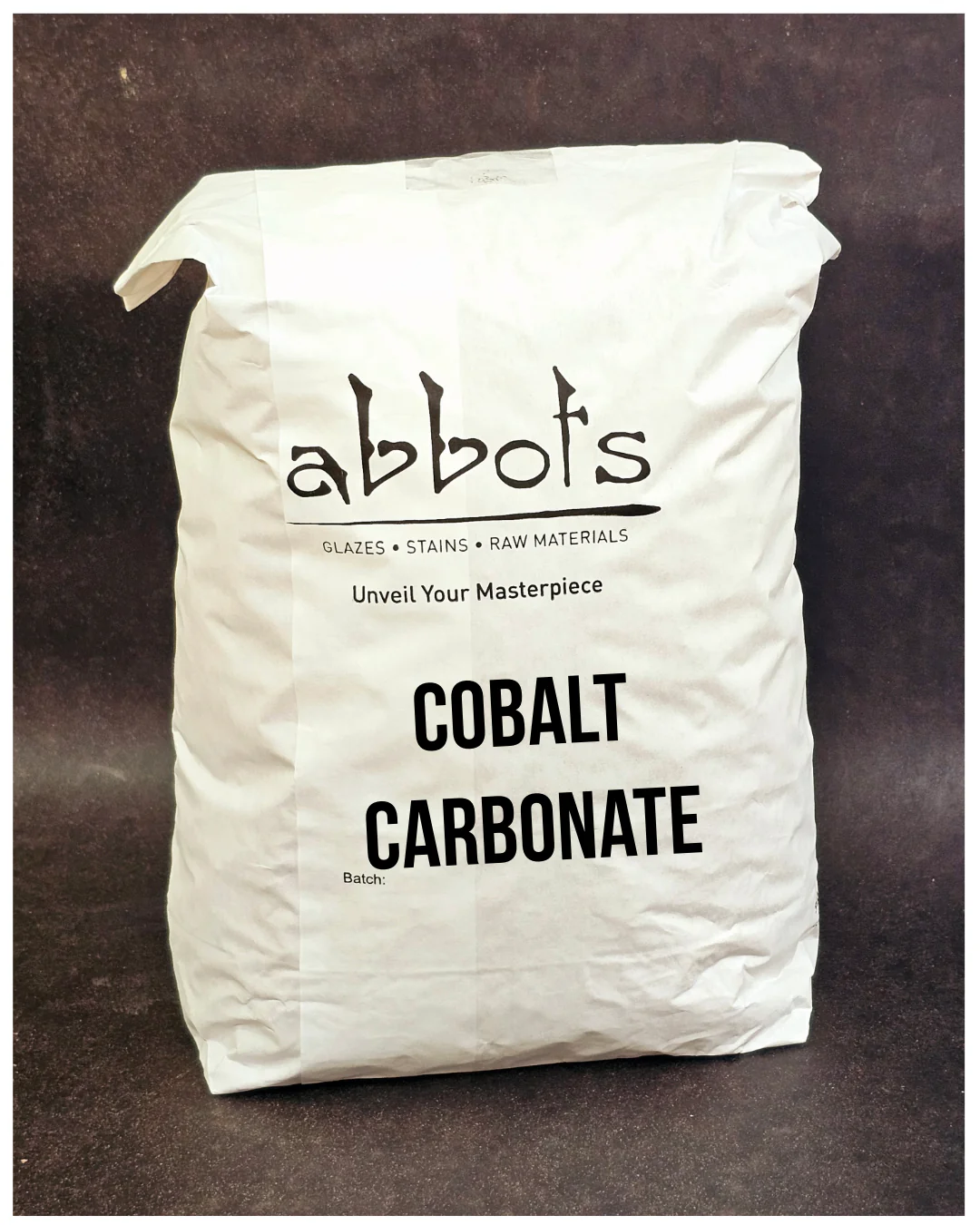


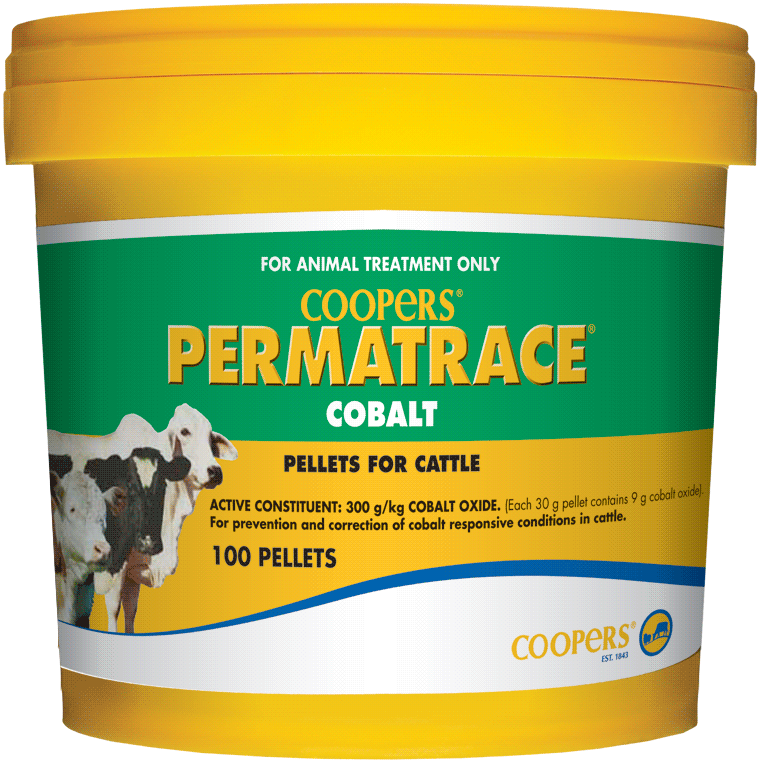
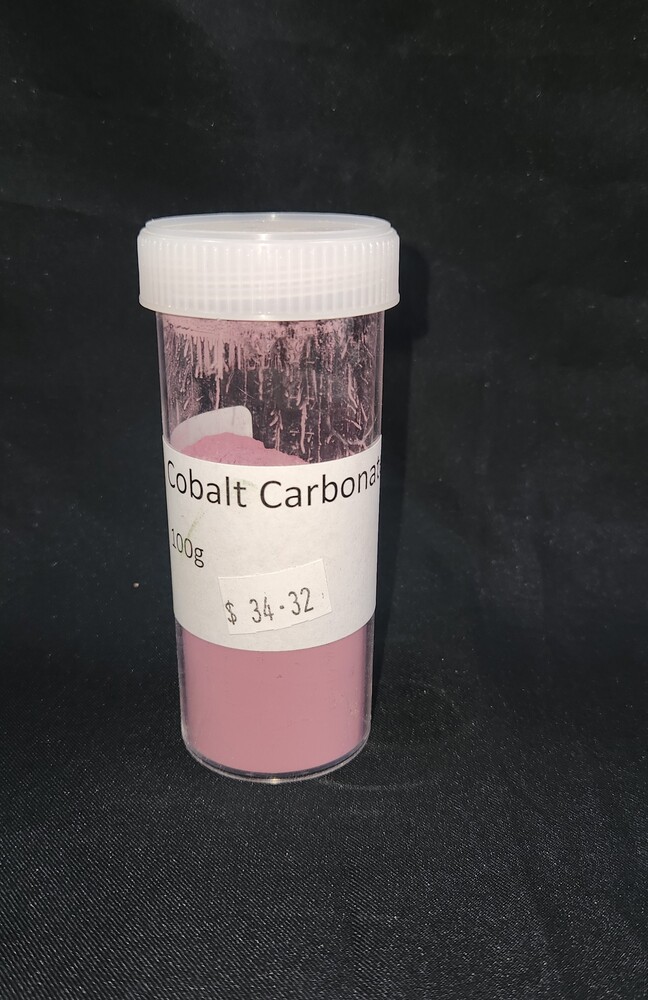
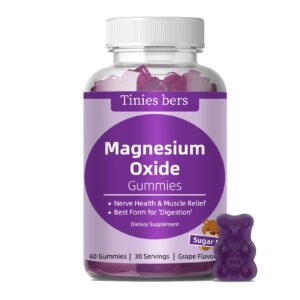
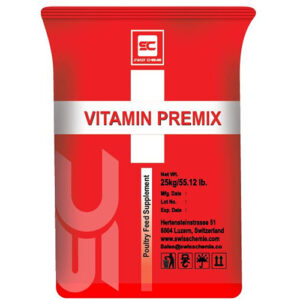
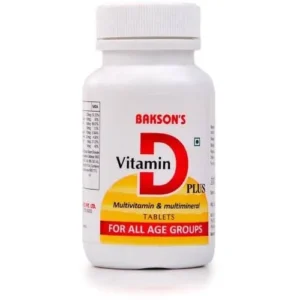
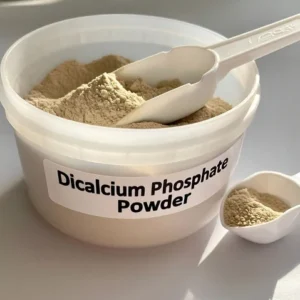
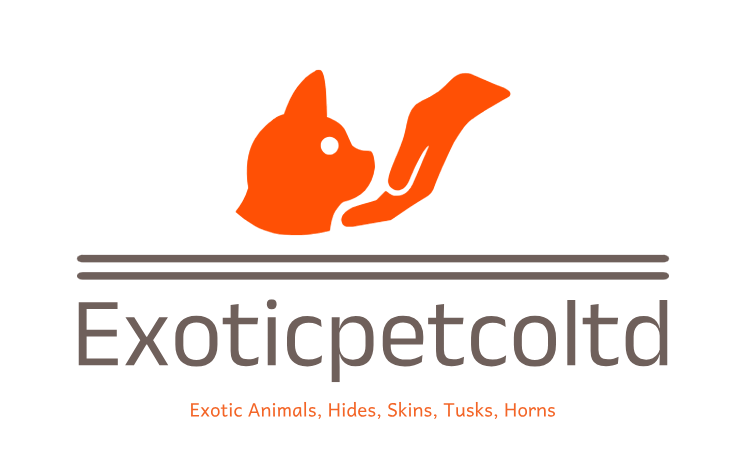

Reviews
There are no reviews yet.